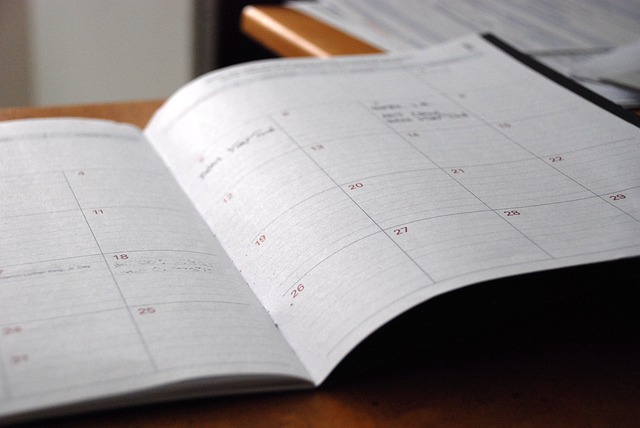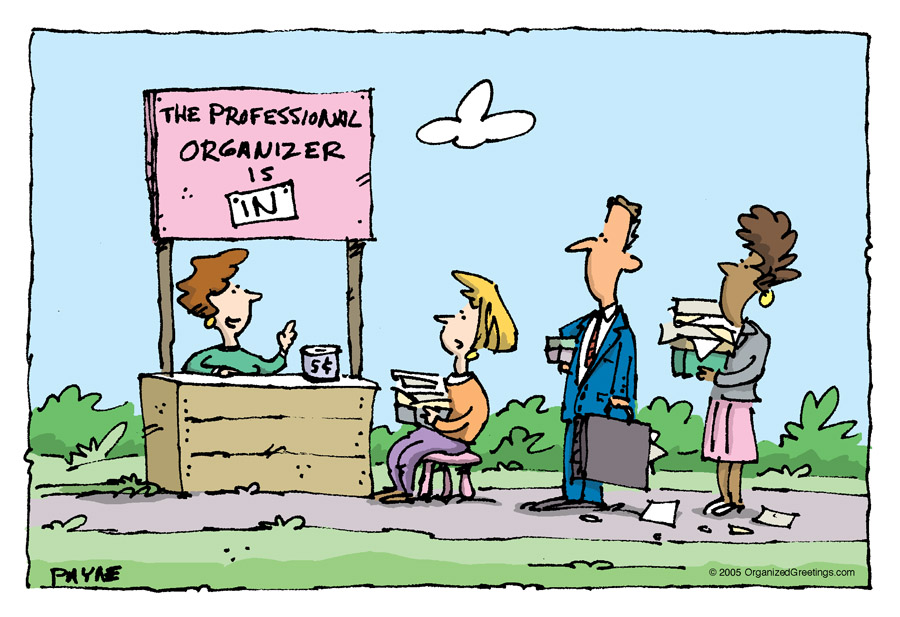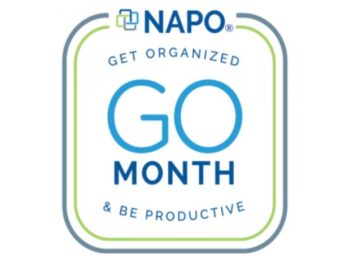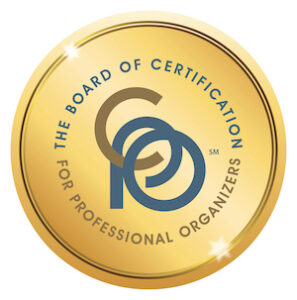On my social media accounts, I recently posted a link to an article published in the September, 2018 issue of “Real Simple” titled, “Unclutter Your Calendar” by Leslie Goldman, of Real Simple . I have frequent discussions with clients and friends on the challenges of managing all of our to do’s, appointments and commitments. It’s a topic we all commiserate with on a personal and professional level, maybe to varying degrees, but it is rampant.
Goldman states in the opening paragraphs, “Some research shows that planning ahead may be a more effective stress reliever for some people than deep breathing and meditation.” Wow! I’m a firm believer in yoga, mindfulness and meditation for stress relief but if that’s not a reason to start planning, I don’t know what is.
I have posted many articles on my social media pages but this one in particular contains both relevant statistics and great strategies. Here are just a few…
Tip #1: Sign up for a shared email address. I have not thought to recommend this as of yet, but there may very well be a benefit to it helping to manage family communications, especially from the school, activities, camps, etc. Of course, it is one more email to check and stay on top of. But if it then cuts down on one family member then having to manage all the communications and remembering to forward to others, it is worth a try.
Tip #2: Hold a Sunday family meeting. I am a HUGE proponent of this and recommend it to all the parents of students I work with. All family members come to the table with their planners and discuss the week ahead. What is on everyone’s calendar for the week? Who has what tests and big projects coming due? How do we divide 2 cars among more than 2 drivers in the family? This is a magical way for kids to see the benefit of using their planners and how important it is to communicate as a family.
Tip #3: Add “Do nothing” to your schedule. YES! The whole family can benefit from time with no technology and where everyone can just have downtime. No one says it has to be an entire day but even one hour once a month can do wonders!
Tip #4: When it comes to kids’ activities, settle for good enough. Quality of life is crucial to you and your family’s mental health. Making yourself crazy to go to “the best” is not doing anyone any good, unless your child is a pro athlete in the making. It should be more for the pleasure and enjoyment – not to turn your life into a logistical nightmare. The same can be true for your own activities. Do you need the most popular yoga studio in town or will a yoga class in your office building or a facility on your way home from work suffice?
Tip #5: Schedule time in your workday for home tasks. I personally see where clutter accumulates as a result of “I’ll get to it later syndrome”, which we all know usually translates to never. Carving out regular time to manage your household or office affairs or to tend to some less important matters. Even 15 minutes once a week will help get some of those items crossed off the list.
Tip #6: Trim your to-do list. As mentioned in the article, data recently collected by the software company I Done This revealed that 41% of to do items are never completed! According to E.J. Masicampo, PhD, an associate professor psychology at Wake Forest University, “For a list to work, you need to be specific and say when and how you’ll accomplish each item.” What is this called? Planning! As recommended in the article, ask yourself, “What would make me feel really successful at the end of today?” Your answer should be no more than 3 items and then go for it! You will feel so much more accomplished!
Tip #7: Get things done in chunks. I have always subscribed to breaking down big projects into bite-sized pieces and working for even 15-30 minutes on a task. It’s virtually impossible to take a full day to organize your home or complete any other large project. While 15-30 minutes each day means it will take a long time, at least you are making progress. Slow and steady does win the race! I like what Mridu Parikh, a productivity coach in Nashville, says, “…”batching” or “time chunking” helps you work with time instead of fighting it.”
At the end of the day, we all struggle with calendar overload and to do lists that feel endless. Find what works well for you, work as a family, and take time to plan and breathe!

















